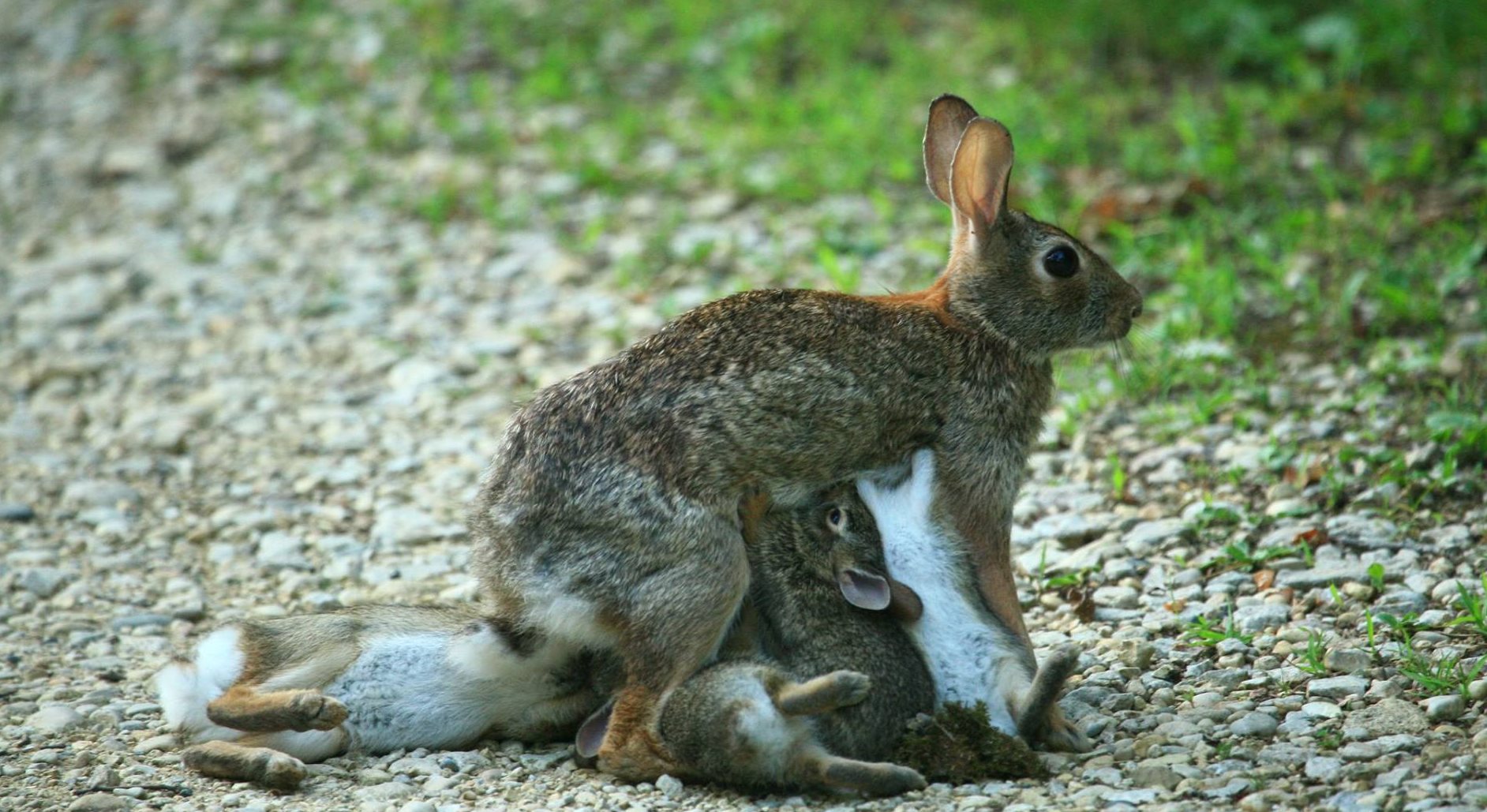Are you surprised to learn that rabbits eat more than just carrots? It turns out that rabbits have a diverse diet, and one surprising item that they eat is young plants. If you have a pet rabbit, it’s important to understand what they need to stay healthy and happy. Read on to learn more about what rabbits eat and how to provide them with the proper nutrition.
Do Rabbits Eat Their Young?
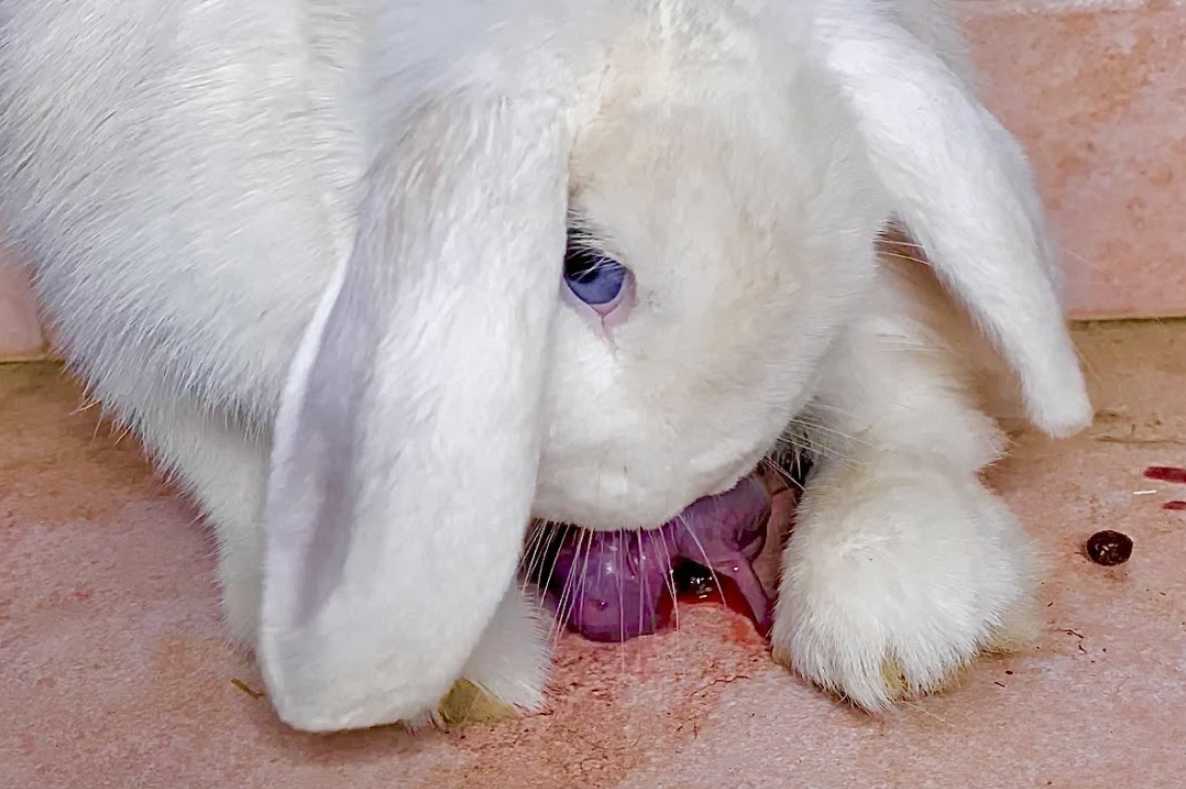
No, rabbits do not eat their young. This is a myth that has been perpetuated over the years, but is not true. In fact, rabbits are very protective of their young and will fiercely defend them from predators. However, rabbits can have a complex relationship with their young and can become aggressive if they are disturbed or threatened.
It is important to note that rabbit mothers do not feed their young directly. Instead, they secrete a special type of milk called pap which they feed to their young. This pap is high in sugar and can give the young rabbit a much-needed energy boost. Rabbits also clean their young by licking them and grooming them.
Since rabbits do not eat their young, they do not have any need to cannibalize their young. This is why cannibalism is extremely rare in the wild, and has never been documented in domestic rabbits.
Rabbits are also very social animals and will often form strong bonds with their young. In the wild, this bond helps to ensure that the young rabbits are well protected and can survive in their environment. In captivity, rabbits will often cuddle and groom their young, and can even become emotionally attached.
In conclusion, rabbits do not eat their young. While they are fiercely protective of their young, they do not feed them directly and will not engage in cannibalism. Rabbits are highly social animals and form strong bonds with their young, which helps to protect them in the wild.
Why Do Rabbits Eat Their Babies?
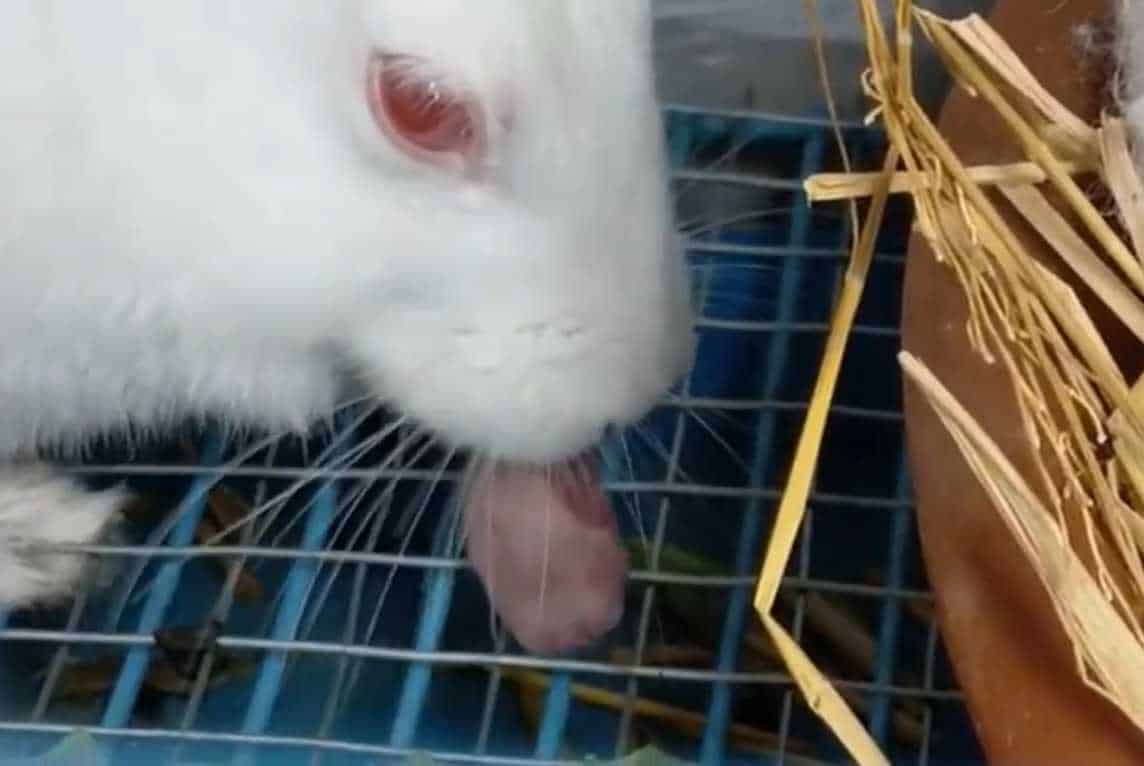
Rabbits are known for their cute and cuddly appearance and their ability to reproduce quickly. However, one behavior that is often overlooked is their tendency to eat their babies. This behavior is called “cannibalism” and is quite common among rabbits. But why do rabbits eat their own young?
Reasons Why Rabbits Eat Their Babies
- Stress: Rabbits are highly sensitive creatures, and stressful conditions can cause them to act out of fear or anxiety.
- Nutrition: Rabbits may eat their young if they are not getting enough food and nutrients.
- Infections and Illnesses: If a rabbit is infected with a virus or other illness, they may eat their young to prevent the spread of the disease.
- Spacing: If a mother rabbit feels that her litter is crowded, she may eat her young to reduce the number of rabbits in her nest.
It is important to note that rabbits are not inherently violent animals and that this behavior is typically due to a lack of resources, stress, or illness. If a mother rabbit is provided with a safe and comfortable environment, she will usually take care of her young without resorting to cannibalism.
Why Is My Rabbit Eating Her Babies?
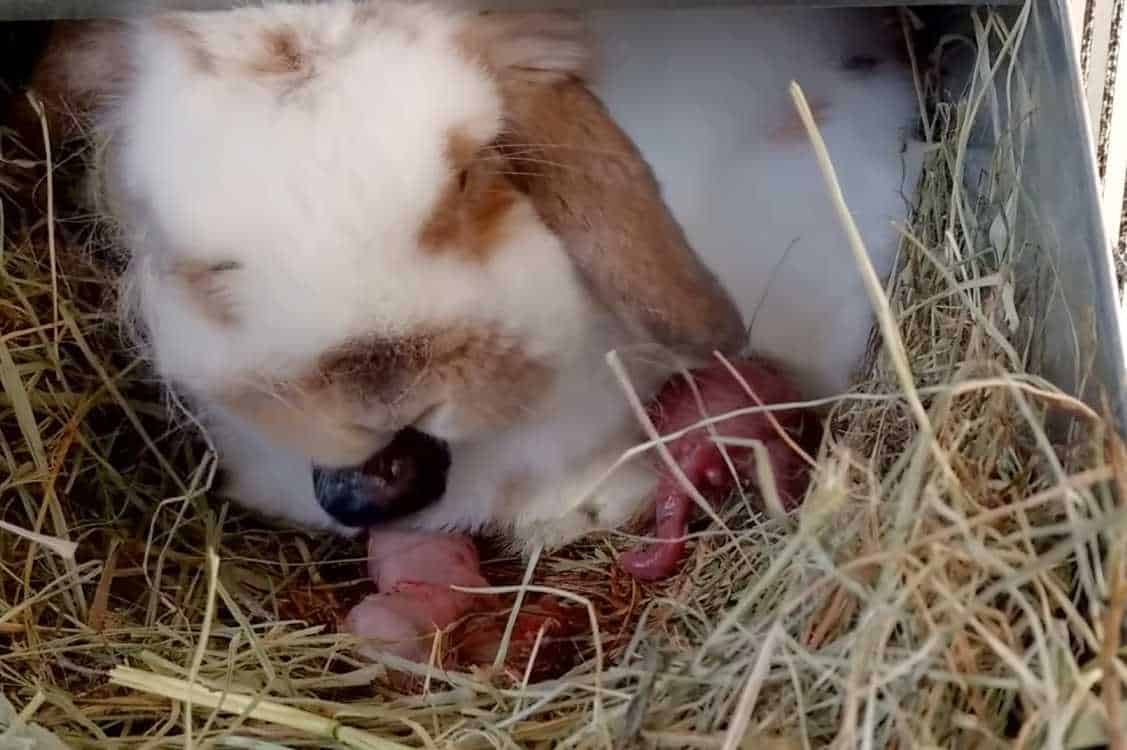
Rabbits are known to be gentle, docile animals, so it can be quite alarming when a mother rabbit begins to eat her own babies. This behavior, known as “cannibalism,” is surprisingly common in rabbits and is usually caused by stress. Stress can be caused by a variety of factors, such as overcrowding, high temperatures, lack of food, or a poor diet. If the mother rabbit is not given proper nutrition or if she is not allowed enough space to raise her young, she may resort to eating her own babies as a last resort.
In some cases, a mother rabbit may also eat her babies if they are ill or if they have died. The mother rabbit may be trying to protect the rest of her litter by removing the sick or dead babies. It is important to note that this behavior is not malicious, but rather a natural instinct meant to protect the health of the remaining litter.
Though it may be disturbing to witness, it is important to understand that cannibalism in rabbits is a natural behavior that is often caused by stress. If a rabbit is exhibiting this behavior, it is important to ensure that she is given enough space, nutrition, and attention to prevent it from happening again.
How To Stop A Rabbit From Eating Her Babies?
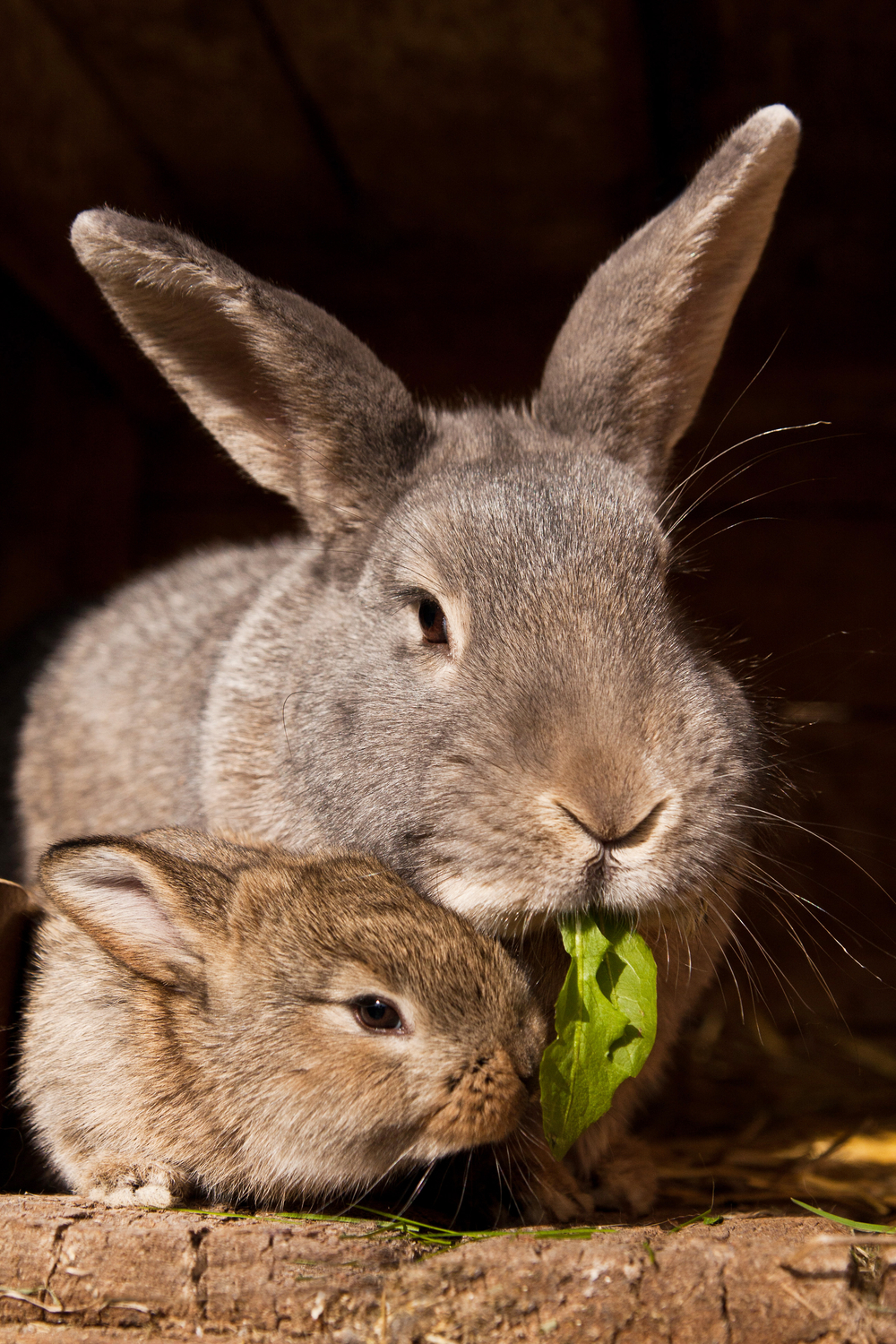
Rabbits are known for their love of eating plants, but some may surprise you by eating their own babies. This behavior, known as “cannibalism,” can be caused by a variety of factors, including overcrowding and stress. Fortunately, there are ways to help prevent rabbits from eating their young.
Provide Adequate Space
Crowding can cause rabbits to become stressed, leading them to resort to cannibalism. To reduce the chances of this behavior, ensure that your rabbits have adequate space to live. A single rabbit should have at least five square feet of space, while a pair of rabbits needs at least seven square feet.
Avoid Overfeeding
Too much food can lead to obesity in rabbits, which can lead to cannibalism. To prevent this, provide the recommended amount of food for your rabbit’s breed and size. If you’re unsure, consult your vet for advice.
Minimize Stress
Stress can be a major factor in why bunnies eat their babies. To reduce stress, avoid handling your rabbits too much and make sure they have plenty of hiding spots. You should also provide them with plenty of toys and activities to keep them entertained.
Remove The Babies
If you notice your rabbit displaying signs of cannibalism, such as eating her babies, remove the babies immediately and place them in a safe area. You should also separate the mother from the babies for a few days to give her a chance to calm down.
Seek Veterinary Help
If your rabbit continues to display signs of cannibalism, it’s important to seek out professional help. Your vet can provide you with advice on how to deal with the situation and ensure that your rabbit is healthy.
Understanding why bunnies eat their babies can help you take steps to prevent this behavior. By providing adequate space, avoiding overfeeding, minimizing stress, removing the babies, and seeking veterinary help, you can help keep your rabbit and her babies safe.
Do Rabbits Eat Other Rabbits?
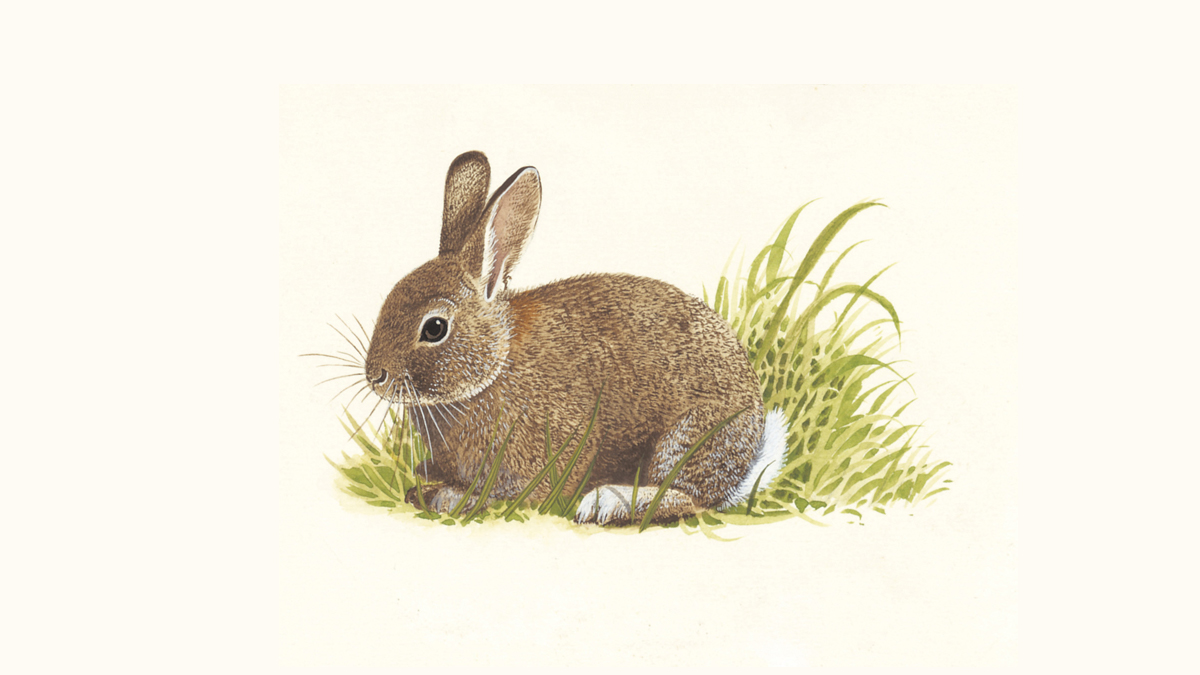
Rabbits, like most mammals, are omnivores, meaning that they eat both plants and other animals. But do rabbits eat other rabbits?
The short answer is no, rabbits generally do not eat other rabbits. Rabbits are social animals and prefer to live in groups, so they are not likely to attack and eat each other.
However, there are some rare instances when a mother rabbit may consume her young. This usually happens when the mother rabbit is stressed or in the wild, where food may be scarce and she has to make difficult decisions to survive.
So why is my rabbit eating her babies? If a mother rabbit is stressed or in a crowded environment, she may develop a condition called ‘kindling’ in which she will eat her own young. This can also happen if the mother rabbit is not getting enough nutrition.
In conclusion, rabbits usually do not eat other rabbits, but in some rare cases, a mother rabbit may consume her young. If this happens, it is important to take the mother rabbit to the vet to be examined and to make sure that she is getting the proper nutrition and care she needs.
Do Bunnies Eat Their Babies?
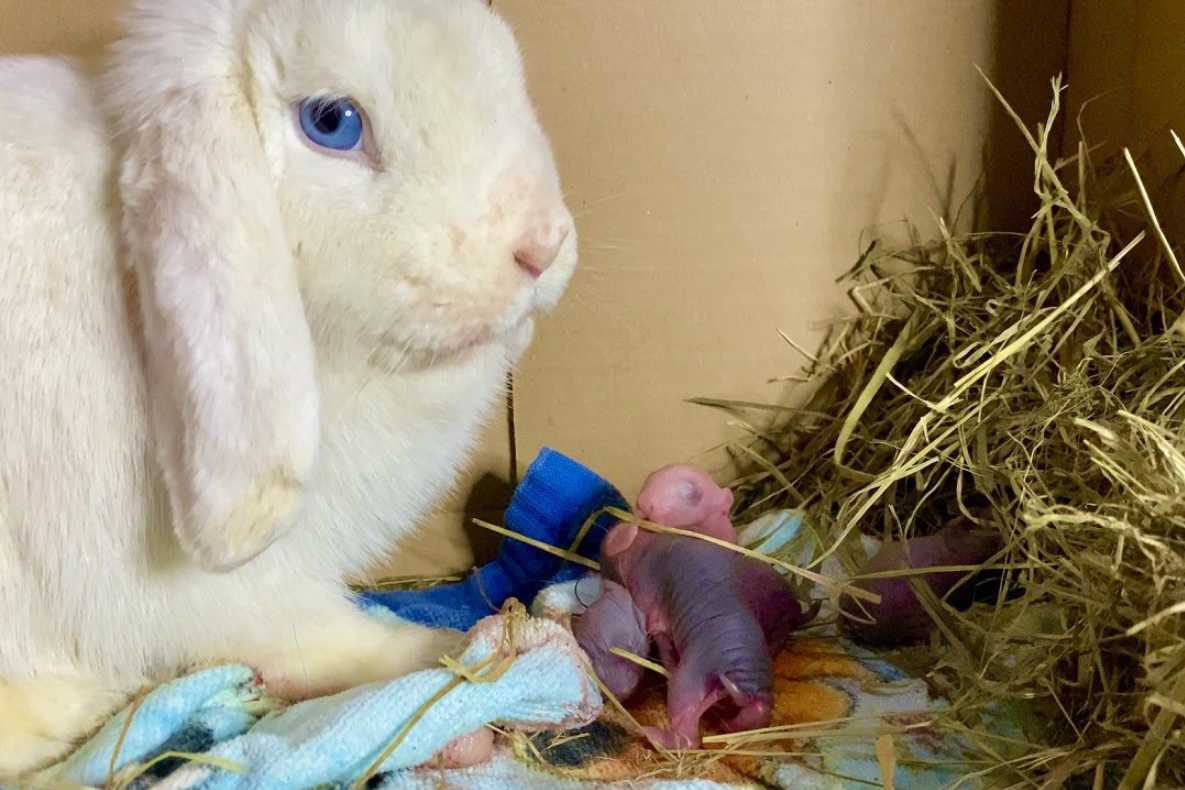
It’s the question that makes us all shudder: Do bunnies eat their babies? The answer is an emphatic no. Rabbits are not known to eat their young and, in fact, are devoted and caring parents.
Rabbits are herbivores, meaning they eat plant-based food. Some of their favorites include hay, vegetables, and fruits. In the wild, they also eat grass, weeds, and other plants. Domestic rabbits may also eat commercially produced rabbit food.
It’s important to note that rabbits can become aggressive if they feel their babies are in danger. To prevent this behavior, never pick up a wild rabbit’s babies. If you have a domestic rabbit, it’s best to avoid handling her babies until they are 6-8 weeks old.
In some cases, a rabbit may eat her babies if she feels her environment is unsafe. If a mother rabbit is stressed or feels threatened, she may try to protect her babies by eating them. If you have a domestic rabbit, you should create a safe and nurturing environment to minimize stress and help prevent this behavior.
In conclusion, bunnies do not normally eat their babies. However, if they feel their environment is unsafe, they may try to protect their babies by eating them. To prevent this, it’s important to create a safe and nurturing environment for your rabbit.
Will Rabbits Eat Their Babies?
The short answer is no, rabbits do not eat their babies. Rabbits are actually very devoted parents who take great care of their young. Rabbits will even give their lives to protect their young.
However, under very rare circumstances, a mother rabbit may accidentally or even intentionally kill one of her babies. This usually happens when a rabbit is inexperienced, stressed, or lacking in resources such as food or shelter. It is also possible for rabbits to become cannibalistic if they are overcrowded in an area with limited resources.
In most cases, however, rabbits are very protective of their young and will do whatever it takes to ensure their survival. They will also groom and feed their young, and make sure they are kept safe from predators.
So, while it may be shocking to hear that rabbits do not eat their babies, it is true. Rabbits are devoted and protective parents who will go to great lengths to ensure the safety and wellbeing of their young.
Frequently Asked Questions
What other foods can rabbits eat besides hay and vegetables?
Rabbits can also benefit from a small amount of fresh fruits and grains, as well as some commercial treats. Fruits like apples, pears, strawberries, and bananas can be offered as occasional treats. Whole grains such as oats, quinoa, and barley can also be given as occasional treats. Commercial treats should be high in fiber, low in sugar and salt, and free from artificial colors and flavors.
Are there any foods that rabbits should not eat?
Yes. While rabbits can eat a variety of fresh fruits and vegetables, there are some foods that can be dangerous to their health. These foods include:
- Chocolate
- Candy
- Animal fats
- Salty foods
- Junk food
- Onions
- Garlic
- Avocado
Rabbits should also not eat any moldy or spoiled food, as this can be toxic to them. Additionally, they should not eat any plants that have been treated with pesticides or herbicides.
Are there any specific kinds of vegetables that are more nutritious for rabbits?
- Dark green leafy vegetables, like lettuce, parsley, kale, and other greens, are packed with vitamins and minerals. They should make up the bulk of your rabbit’s vegetable intake.
- Root vegetables like carrots and beets are also excellent sources of vitamins and minerals and are a great way to add variety to your rabbit’s diet.
- Fruits, like apples, bananas, and berries, should only be fed as treats in small amounts, as they contain a lot of sugar.
Rabbits should also be provided with fresh, clean water at all times.
How Much Hay Should I Feed My Rabbit Per Day?
Hay is the most important part of a rabbit’s diet, and should make up the majority of their daily food intake. Rabbits should eat unlimited amounts of hay, allowing them to graze throughout the day. An ideal diet includes hay, fresh vegetables, and a small amount of pellets.
- The best type of hay to feed your rabbit is Timothy or Meadow hay.
- Ensure that hay is fresh, dry and free of mold or dust.
- Make sure your rabbit always has access to hay.
- A single adult rabbit should eat approximately 1-2 cups of hay per day.
A healthy diet for a rabbit should consist of 80-85% hay, 10-15% fresh vegetables and 5-10% pellets. A diet high in hay will help to keep a rabbit’s teeth and digestion healthy. High quality hay should be the foundation for your rabbit’s diet and should make up the majority of their daily food intake.
Are there any nutritional supplements I should add to my rabbit’s diet?
It is important to supplement your rabbit’s diet with additional vitamins, minerals, and other nutrients. However, it is important to consult with a veterinarian before adding any supplements to ensure that your rabbit is receiving the correct dose. Some supplements that are commonly recommended for rabbits include vitamin C, calcium, and omega-3 fatty acids. Additionally, hay, fresh vegetables, and herbs can help improve your rabbit’s overall nutrition.
Conclusion
Rabbits are surprisingly versatile eaters, and their diets can include a variety of fresh fruits, vegetables, and hay. They also enjoy treats like yogurt drops, nuts, and alfalfa pellets. A balanced diet that is rich in fiber and low in sugar and fat will help keep your rabbit healthy and happy. With the right nutrition and care, your rabbit can have a long and healthy life.
